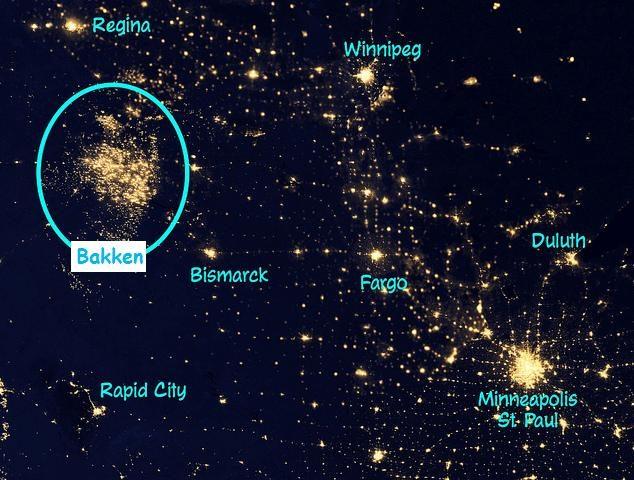
As the world of energy changes direction at an astonishing rate, Canada is being left behind because of domestic climate politics.
Last July Quebec cancelled Energie Saguenay, a multi-billion megaproject to liquify Western Canadian natural gas and sell it to world markets. Powered by carbon-free hydroelectricity, it required a relatively short section of new pipeline to connect to western gas. Even Canada’s cold climate weather was an advantage because of lower energy requirements for liquification than suppliers in warmer climates.
Although Quebec LNG would replace coal, the justification for cancellation stated the project, “…could have the long-term consequence of slowing down the energy transition of the project client countries.”
Three months later Quebec announced a ban on oil and gas exploration and production. This is headed for court with the holders of legally purchased development licenses.
To ensure that the Saguenay LNG coffin contained enough nails that the corpse of common sense could never open the lid, on February 8 the federal government also rejected the project. Environment and Climate Change Minister Steven Guilbeault said the environmental impact was “in no way justifiable” because of Indigenous communities and beluga whales.
But as the federal and provincial governments cemented Quebec’s low-carbon future, the rest of the world is rapidly reversing course on fossil fuels.
Within weeks of Quebec’s LNG decision, the wind quit blowing in the UK and Europe and the vulnerability of the continent to natural gas shortages became obvious.
Electricity and gas prices skyrocketed. Countries began activating mothballed coal fired power plants to maintain supply and keep prices down. Uncertain Russian gas supplies and the conflict on the Russia/Ukraine border have made it clear that no matter what Europe’s aspirations on decarbonization once were, keeping its citizens warm, illuminated and moving remains the number one obligation of its governments.
This follows years of blocking gas development, avoiding diversified long term supply contracts, and vilifying fossil fuels.
Europe’s salvation this winter has been LNG from the US. America has gone from nothing to the world’s largest LNG exporter in a few short years. Canada has had the same opportunity, but chose instead to bog down LNG developments with daunting regulatory reviews and obstructions.
Years later only LNG Canada at Kitimat is under construction, and it remains under continuous assault. Attacking the Coastal GasLink pipeline on Twitter, environmentalists are going after its financial backers. A tweet on February 9 from Leadnow read, “RBC IS FUNDING GENOCIDE.” This position is apparently supported by 150 like-minded international environmental groups.
In the real world, the situation in Europe is so serious that the EU has recently recognized gas as an essential component of the transition to low carbon energy. On February 7, the US-EU Energy Council released a joint statement reading, “…the EU and the United States intend to work together so that global liquefied natural gas markets have the capacity to provide additional and diversified supplies in case of pipeline gas disruptions…as countries move away from fossil fuels and towards a sustainable net-zero future.”
The astonishing part of the relentless opposition to LNG is that Canada is one of the most responsible gas producers in the world.
A 2021 report by BMO Capital Markets reported that during the heyday of development of the Bakken and Permian light tight oil plays in the US, producers were flaring 1.9 billion cubic feet of gas daily as an unwanted by-product of more valuable oil.

BMO quoted a 2020 World Bank study that Canada has “…has one of the lowest (methane flaring) intensities of the major oil producing countries,” ranking 22 of 30 countries.
The figures are huge. That year Russia, Iraq, US, Iran and Venezuela put 2.9 trillion cubic feet of gas up the flare stack into the atmosphere. Much of that gas was unburned or poorly combusted.
Meanwhile, Canada’s total was about 40 billion cubic feet, or 1.4 per cent of these five countries. And Canada ranked fourth in the world in total oil and gas production on a barrel of oil equivalent basis.
In total, the World Bank reported that these 30 countries flared 5.3 trillion cubic feet of gas in 2019. This is about one-third of Europe’s annual gas consumption.
Gone. Wasted. And not stopping anytime soon.
As the world changes course, Canada’s determination to put regional climate politics ahead of responsible participation in the global energy transition is simply not justifiable on environmental grounds.
Only those with a blindly narrow and doctrinaire view of decarbonization continue to obstruct LNG development. It ignores the key role of gas as backup power for renewables and a lower carbon substitute for coal.
The whole world is rethinking the energy transition and the role of natural gas. All the data reinforces that more gas should come from Canada.
But Canadian LNG opposition is not about the chemical composition of the atmosphere. If it were, we’d be doing something different.
David Yager is an oilfield service executive, oil and gas writer, and energy policy analyst. He is author of From Miracle to Menace – Alberta, A Carbon Story.
The unaltered reproduction of this content is free of charge with attribution to Canadian Energy Centre Ltd.